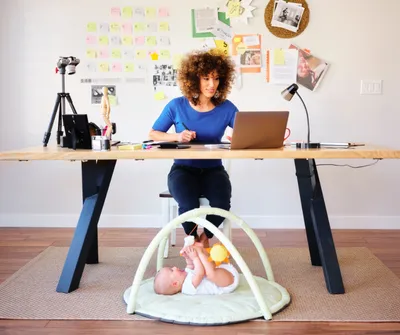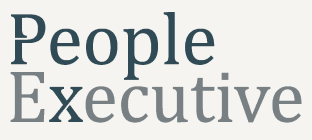In today's fast-paced world, the pursuit of a successful and gratifying career need not be exclusive of the joys and responsibilities of motherhood. Navigating the journey of combining motherhood and a fulfilling career requires a thoughtful approach, unveiling a landscape of strategies that empower women to embrace their professional ambitions alongside the joys of raising a family.
Redefining success in motherhood and career
‘Redefining success in motherhood and career is a personal journey that involves challenging societal norms. Embrace your values, reevaluate traditional norms, and prioritize work-life integration. Set realistic goals, practice self-care, and seek support. Let go of guilt, define your success metrics, and be flexible. Find inspiration in the stories of those who have successfully balanced motherhood and career. Remember, there's no one-size-fits-all approach; create a path that aligns with your values and unique circumstances,’ says Katerina Meimaroglou, Founder, Managing Partner, Kestria Greece.
As per Hong Nguyen, Managing Partner Search, Kestria Vietnam, balancing the roles of both a business owner and a mother is a highly challenging process. Redefining success between these two roles is crucial, serving as the foundation for life balance and career success. ‘First and foremost, you must identify your values and understand what makes you an excellent mother and how well you have performed as a business leader. From there, create clearer plans and goals in your life. Next, you need to proactively and flexibly manage your time and remote work to both care for and educate your children while ensuring work productivity. Most importantly, seek support from family members to alleviate this pressure.’



